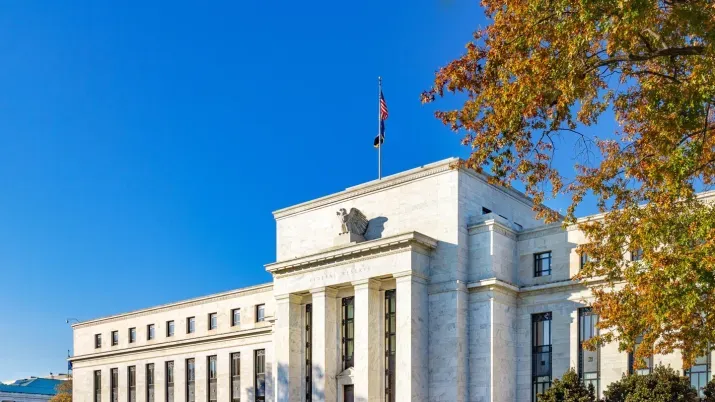Capital, Calls and Comfortable Coupons
TwentyFour
The cycle of banks calling outstanding capital bonds continued this week and we’ll soon be bidding fond farewells to two of our long held and favourite positions; Nationwide’s 6.875% Additional Tier 1 (CoCo) and Barclays’ 14% hybrid Tier 1.
Nationwide was the first building society to come to the AT1 market when it priced its debut deal in March 2014, and yesterday the borrower announced its intention to call the bond on the first call date in June this year. The Nationwide treasury department has had a long time to plan for this event and the call doesn’t come as any surprise to us given their strong capital position (CET1 31.7%). Nevertheless, it was pleasing to see the call being announced almost as soon as the window for announcing the call opened, rather than waiting for the last day and making investors nervous.
After all, for callable bond investors there is a big difference between a call and a non-call, as they can suddenly be holding a two month bond or a perpetual one based on the borrower’s decision. Being transparent and clear with investors gives them certainty and allows them to plan ahead of the maturity date. It also shows the borrower is organised and has itself planned ahead. It might seem like a small detail, but treating investors like this helps build their confidence in the issuer, rather than being left guessing, and should ultimately lead to tighter spreads for the borrower’s next issue – it’s worth noting that this bond was trading at 8% yield just four months ago, so not everyone had 100% confidence in the call.
One thing missing from the announcement was the intention to issue a replacement AT1 bond. Again, we are not surprised by this; from both a capital and leverage point of view, Nationwide doesn’t need to issue another AT1, and if it requires more capital in the future, it can tap its outstanding Core Capital Deferred Shares (CCDS). If there is to be no replacement, that would leave zero Nationwide AT1s outstanding, and for any investor seeking higher yielding exposure to Nationwide the CCDS will be the only option, providing strong technical support for that instrument.
The Barclays 14% Tier 1 is also going to be missed, although given the ongoing court case relating to the original issuance of this bond, it’s likely to remain in the headlines for quite some time. Issued in November 2008 at the height of the global financial crisis (hence the 14% coupon) the bond was credited with helping Barclays to remain independent and free from government support. If you want to see just how stressed banks were at the time, this bond tells an interesting story; despite being issued with a coupon of 14%, it actually traded at a cash price in the mid-70s in early 2009 (a yield of almost 20%) and it wasn’t until late 2012 that it consistently traded with a yield below 10%. The bond will be called on June 15 and a lot of investors will miss the comfort of that huge 14% coupon! The call window for this bond opened last week, so again, Barclays didn’t leave investors guessing for too long, although with a spread of 1,340 basis points to be paid if the bond wasn’t called, it was as close to a foregone conclusion as you are likely to find.
So far this year, we have seen a majority of callable bond issuers redeem their bonds on the first call date, helping to build investor confidence, especially when, like Nationwide and Barclays, the calls are posted at the earliest convenience.







